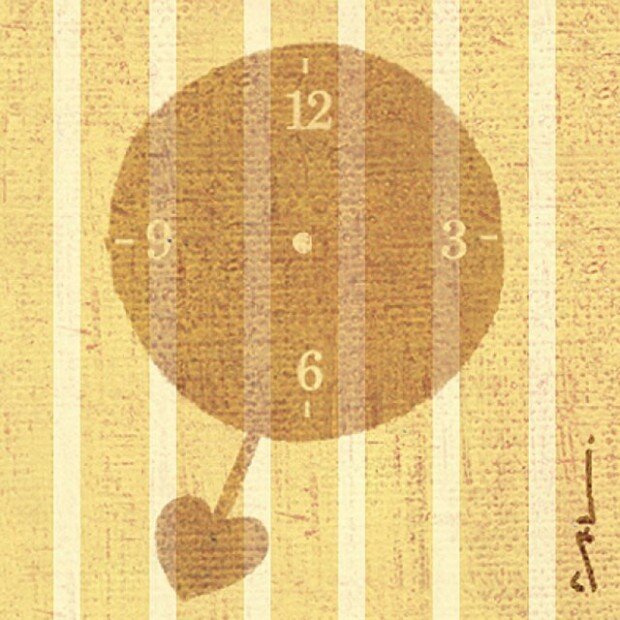A place left by a wall clock
A place left by a wall clock
Posted June. 26, 2021 07:18,
Updated June. 26, 2021 07:18

We love living things, whether we are aware of it or not. On the other hand, we tend to be a little cold toward objects. Objectification is an example in case. When humans become mere tools, not agents, we say that they are objectified.
In poems, however, things are different. Poems say that a rusty can, remaining coal briquette ashes, and a broken piece of chinaware should be carefully looked at. Objects that do not have soul nor blood can stimulate a poetic mind. It is not something new. Neo-Confucianism also teaches that people can develop themselves physically and mentally using objects as mediums. Poems are similar to this with poets looking into their own minds using objects as mediums. To put it simply, objects are a sort of path and guide. We think, feel, and see through them. We recognize our own words through the words of objects that are not normally heard.
If you are still unsure, read the poem. The poet stares at a wall clock, a wall, and marks left on the wall. The objects don’t talk but the poet can talk to them. Waiting in patience, the wall clock whispers. Meanings arise to the surface of the empty wall. The marks on the wall and the missing object teach something. I recommend talking to objects if you are tired of one-way information delivery by YouTube and portal sites – talk to the objects in front of you, the ones that disappeared already, and your hidden mind.






![[단독]年수출 처음 일본 제쳤다…韓 1041조원 vs 日 1021조원](https://dimg.donga.com/c/138/175/90/1/wps/NEWS/IMAGE/2026/01/22/133214781.1.jpg)
